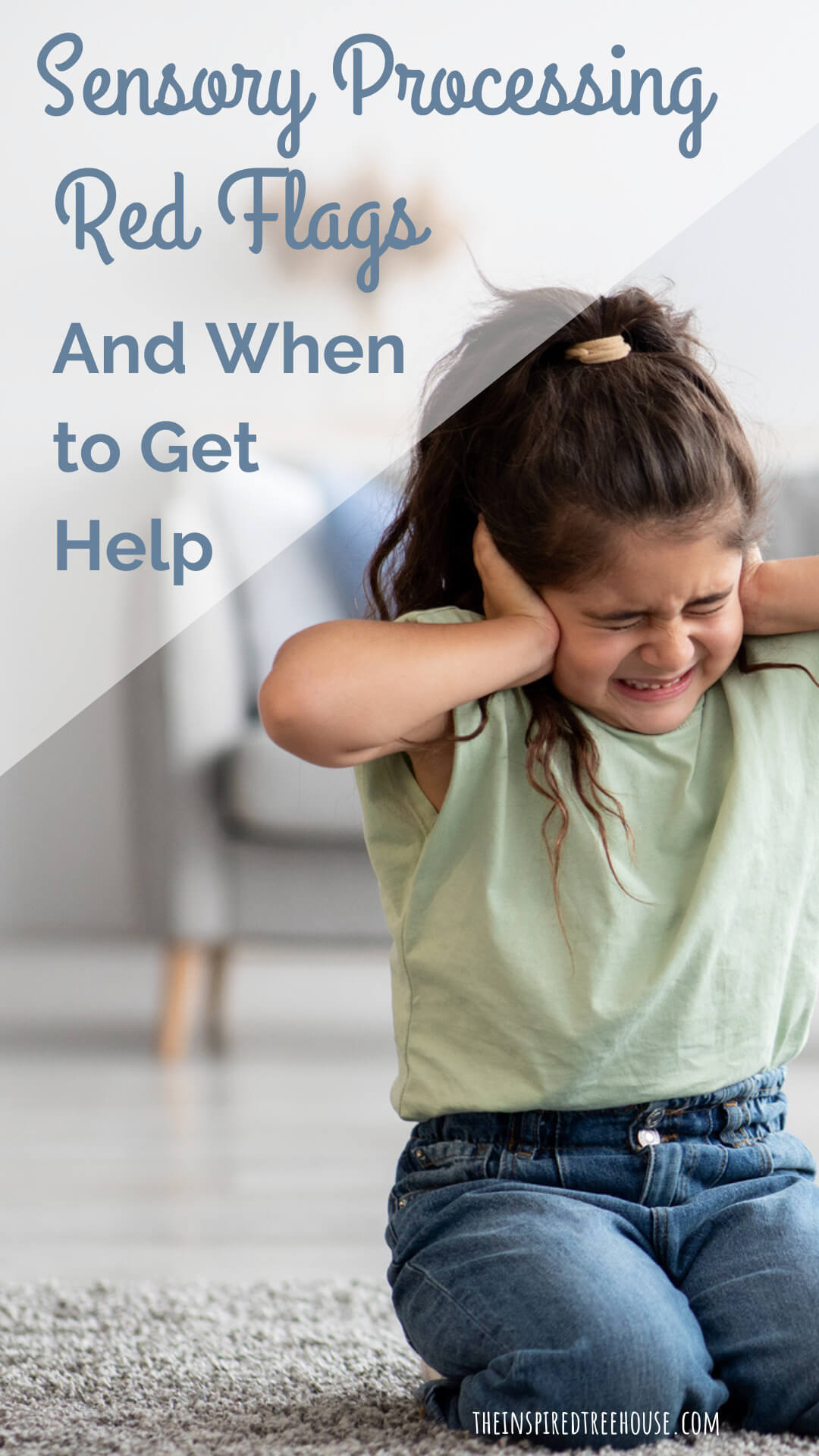Do you find yourself humming constantly, without even realizing it? In this article, we will explore the reasons behind this intriguing habit and shed light on the possible explanations.
Why Do I Hum All The Time?

Humming serves various purposes for individuals, including calming nerves, enhancing happiness, and alleviating stress. People may engage in humming both consciously and unconsciously. It is a simple yet effective method to relieve tension and reduce stress, often leading to improved sinus health and other associated health benefits.
What is the psychological reason for humming?

Humming is a simple yet powerful practice that holds profound effects. Regardless of musical ability or singing skills, anyone capable of speaking can engage in humming. Extensive research reveals that humming extends beyond being a soothing sound, as it has notable physical impacts.
It effectively reduces stress, induces a state of calmness, enhances sleep quality, and even lowers heart rate and blood pressure. Moreover, humming stimulates the production of essential neurochemicals like oxytocin, often referred to as the “love” hormone.
In their comprehensive guide to conscious humming, Jonathan and Andi Goldman emphasize that sound healing practices are accessible to everyone. The ability to hum is all that is required. The authors provide a range of conscious humming exercises, accompanied by online examples, enabling individuals to experience the profound vibratory resonance created by humming and harness its healing potential for the body, mind, and spirit.
They delve into the scientific aspects of sound healing, unveiling how self-generated sounds can reorganize molecular structures within the body. They illustrate how humming not only aids in managing stress, improving sleep, and regulating blood pressure, but also enhances lymphatic circulation, promotes melatonin production, releases endorphins, forms new neural pathways in the brain, and stimulates the release of nitric oxide—a vital neurotransmitter for overall well-being.
Furthermore, the authors explore the spiritual dimensions of humming, including its utilization as a sonic yoga technique and its integral role in various world traditions such as the Om, Aum, or Hum within Hindu and Tibetan practices. They delve into how sound serves as a catalyst for manifesting conscious intentions.
Overall, this guide highlights the transformative potential of humming, encompassing its scientific and spiritual aspects, and provides valuable insights into its profound healing capabilities.
Why does my child hum all the time?

Children may engage in humming for various reasons, all of which contribute to improving their concentration:
1. Creating white noise: Humming serves as self-generated white noise, helping to drown out distracting sounds.
2. Physical input: Humming provides sensory input, assisting children in maintaining focus.
3. Oral sensory needs: Some children require oral stimulation, and humming fulfills this need, aiding their ability to concentrate.
4. Calming effect: Humming can serve as a calming mechanism for children who experience anxiety.
It is advisable to communicate with your daughter about her humming to gain insight into its underlying cause. Understanding her perspective can guide you in addressing the issue effectively. Here are some strategies that can help minimize her humming:
1. Musician’s earplugs: Consider providing musician’s earplugs to reduce noise sensitivity and dampen distracting sounds.
2. Earbuds and music: Allowing her to wear earbuds and listen to music while working can enhance concentration.
3. Chewing gum: If the humming is related to oral or sensory needs, chewing gum can provide the necessary stimulation.
4. Sensory accommodations: Providing a yoga ball or wiggle pad for her to sit on can address the need for sensory input.
5. Stress reduction techniques: Teach her stress reduction techniques to manage anxiety during class.
These accommodations can be incorporated into a 504 plan or Individualized Education Program (IEP) to support her learning needs effectively.
Humming all the time may indicate a joyful mood or a way to cope with stress. It can also reflect a habit or a form of self-expression.
